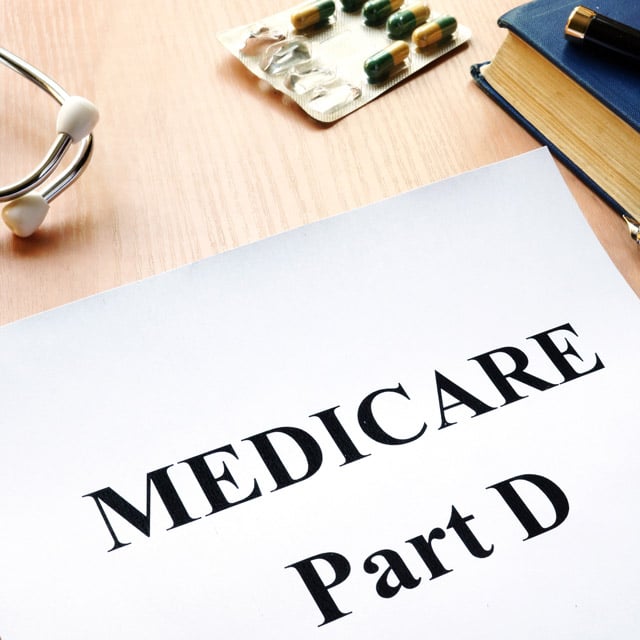Medicare Advantage Program to Restructure Agent, Broker Pay

What You Need to Know
The new regulations would apply to Medicare Part D drug plans as well as Medicare Advantage plans.
CMS shows producer initial enrollment comp might increase to $726 in 2025, from $611 this year.
CMS backed off from a complete ban on marketer lead sharing but will toughen consumer consent rules.
Medicare Advantage program managers have completed final regulations that could lead to an overhaul of pay for agents, brokers and field marketing organizations starting with the annual enrollment period for 2025 coverage.
The final regulations call for increasing maximum producer compensation for an initial plan enrollment by $100 — including the cost of the training services, technology services and other support services provided by FMOs in the compensation maximum.
If implemented as adopted, the final regulations will also apply to the producers and FMOs selling Medicare Part D prescription drug plans.
The rule package would also require one Medicare plan marketing organization to get clear permission from a consumer before sharing the consumer’s information with other plan marketing organizations.
At press time Friday, health insurance distributors like eHealth and industry groups like the National Association of Benefits and Insurance Professionals were still digesting the 1,327-package.
What it means: The new rules could help traditional health insurance agents, who are good at generating their own leads, when competing with the big national Medicare plans that sell via call centers.
In some cases, the rules could also disrupt the supply and quality of support services coming from Medicare plan FMOs.
The programs: The Medicare Advantage plan program is a program that gives private insurers the chance to offer Medicare enrollees plans that look like an alternative to traditional Medicare.
The plans cover about 34 million of the 66 million Medicare Advantage enrollees.
About 22 million Medicare enrollees get stand-alone Medicare Part D prescription drug plans from private insurers.
About 14 million Medicare enrollees fill in gaps in traditional Medicare coverage with a separate, state-regulated product, Medicare supplement insurance, or Medigap insurance.
Regulation basics: The Centers for Medicare and Medicaid Services, the U.S. Department of Health and Human Services that oversees Medicare, posted a preliminary version of the final regulation on the web Thursday.
The regulation is set to appear in the Federal Register, an official government regulatory publication, April 23.
Most of the marketing rules would apply to marketing arrangements in place on or after Oct. 1.
Officials note that they would not apply the new requirements retroactively or to existing 2025 producer compensation arrangements affected by the change in rules.
The new regulations are based on a draft CMS posted in November 2023.
CMS received 3,463 comments on the proposed regulations.
The thinking: Officials at the Centers for Medicare and Medicaid Services, the agency in charge of the private Medicare plan programs, say they know the programs need producers.
“Agents and brokers are an integral part of the MA and Part D industry, helping millions of Medicare beneficiaries to learn about and enroll in Medicare, MA plans, and PDPs by providing expert guidance on plan options in their local area, while assisting with everything from comparing costs and coverage to applying for financial assistance,” officials said in the preamble, or official introduction, to the regulations.
But officials said that, even after having many helpful meetings with agents, brokers and FMOs, they still believe the current compensation structure gives FMOs too much ability to use inflated support services packages to steer business toward insurers with close relationships with the FMOs.






